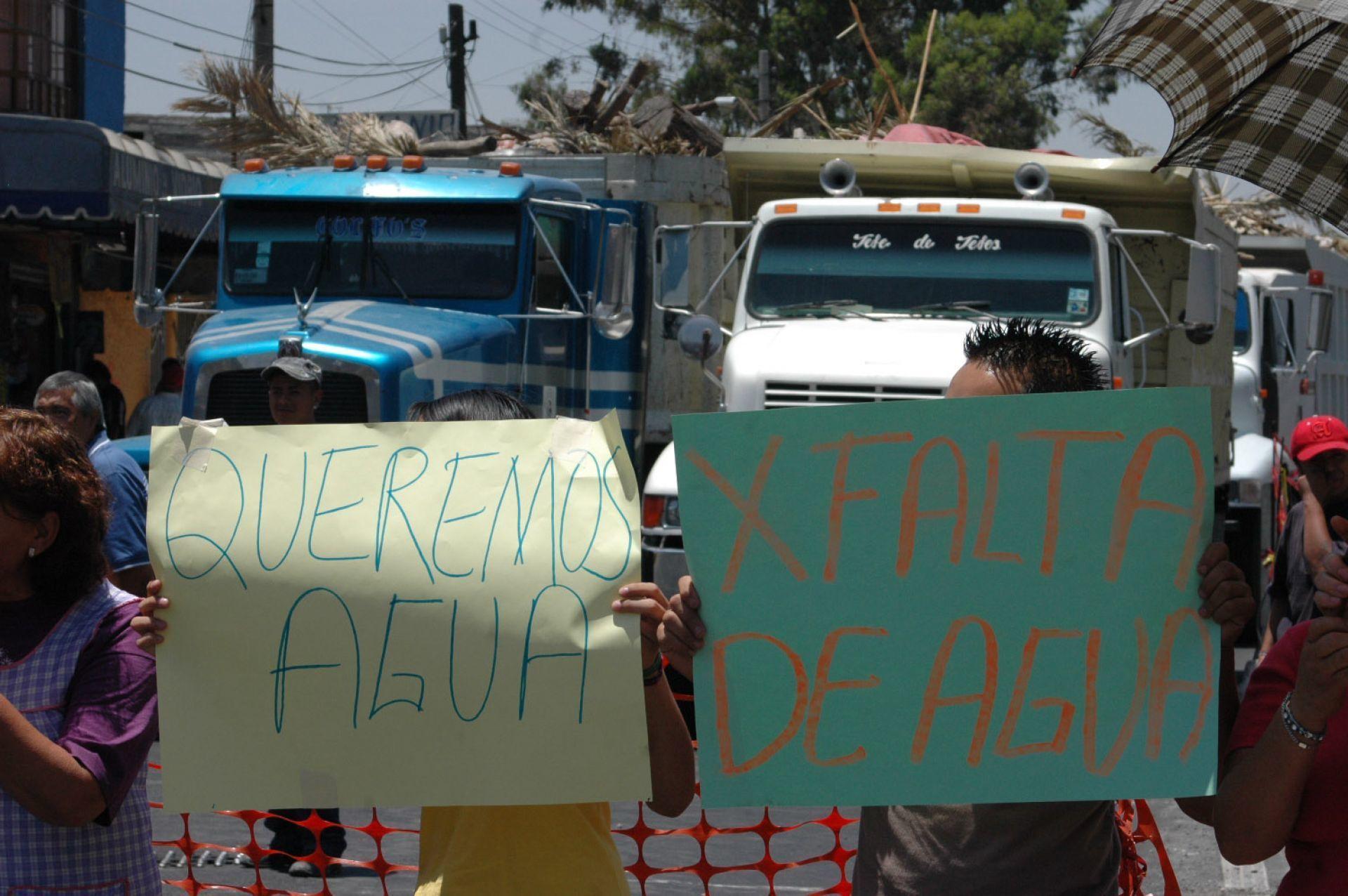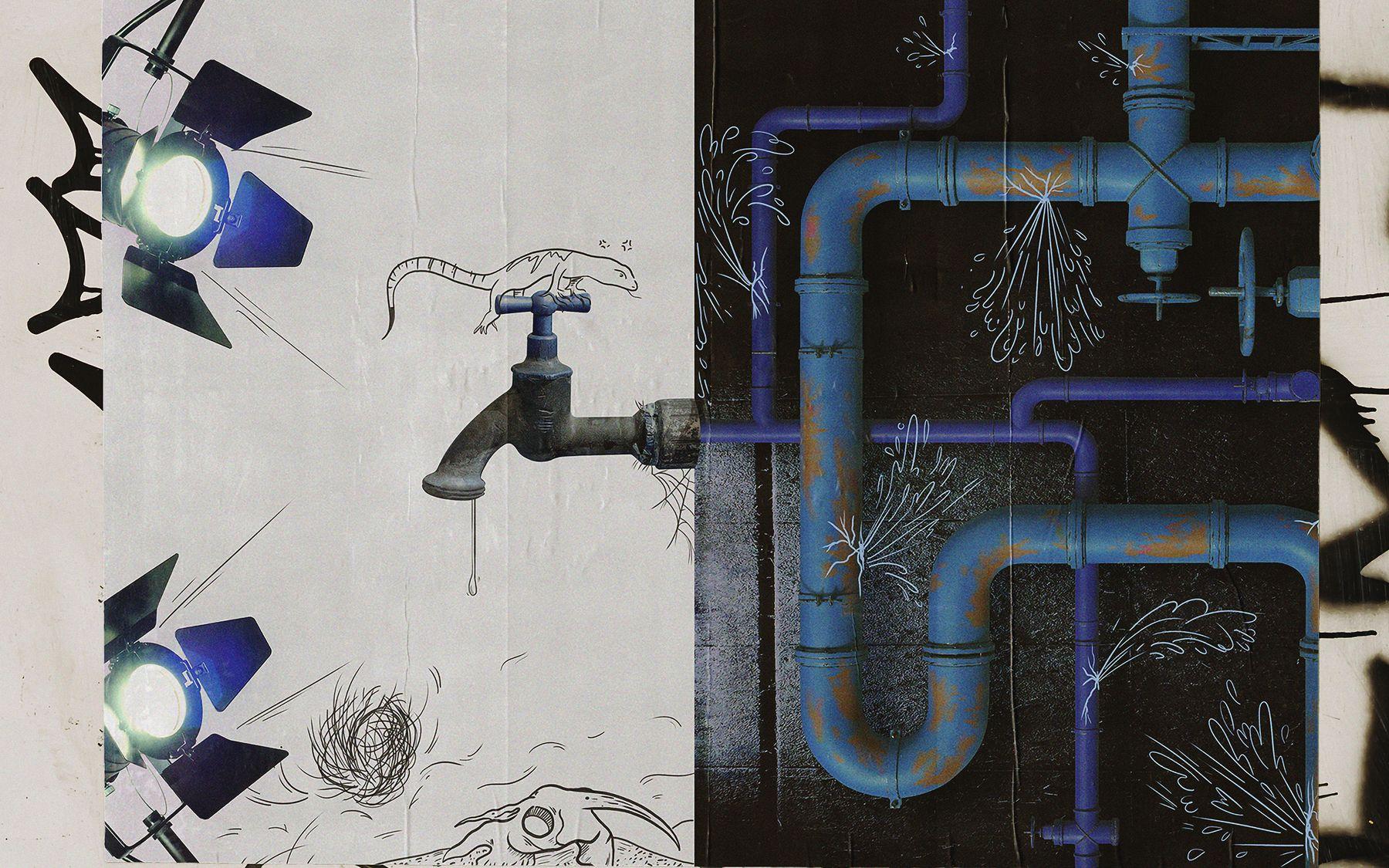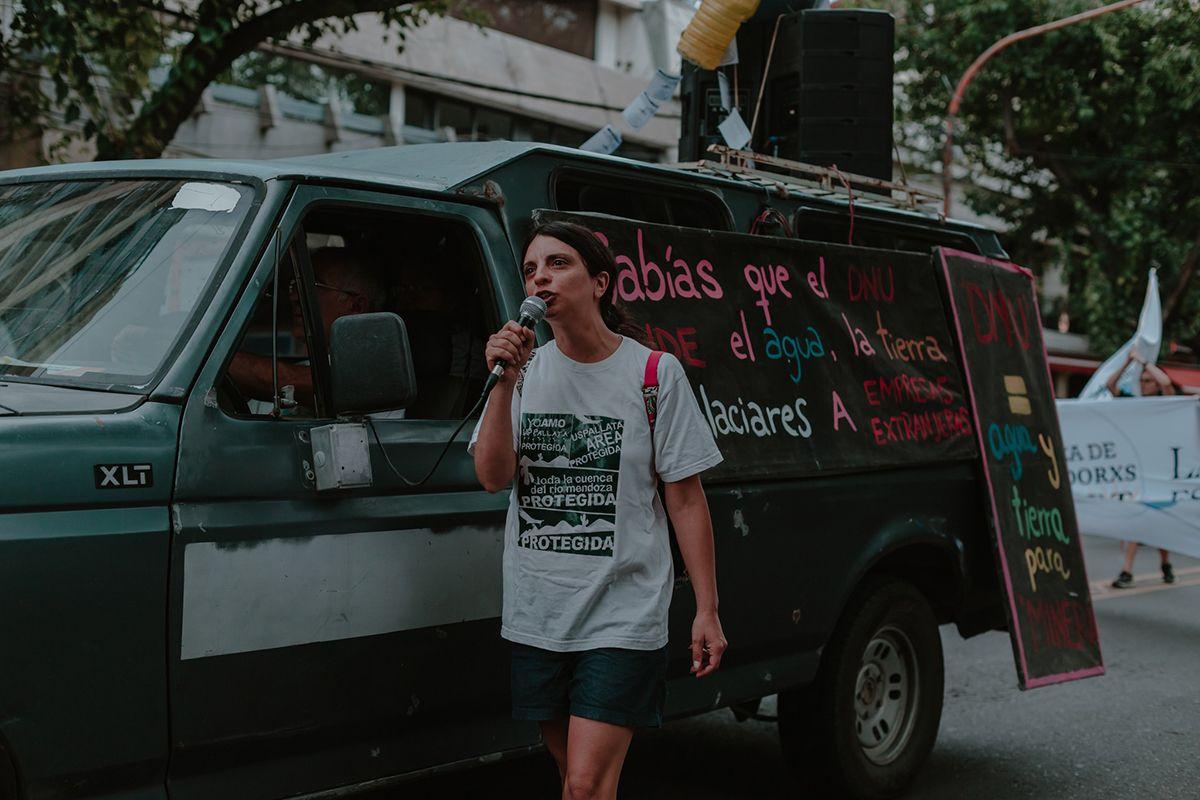Two girls throw a pair of dice into the air and, when they fall, they shout excitedly. “Six!” , they chant along with other infants who surround a board placed on the floor of the court of the civic center “La Florida”, in the Ciudad Azteca neighborhood, municipality of Ecatepec. One of the women coordinating the activity marks the new box and the girls move forward. “You started a WhatsApp group to coordinate pipes in your colony and avoid conflicts, go to box 10,” he reads aloud.
It's nighttime and the only thing that illuminates the game is the dim light of the bulb on the side of the esplanade, where a group of people try to turn on a horn. Carlos Pérez's “Quiet Hands” sounds intermittently, while the rest of the people settle into the chairs and another group of older children run around and invent the rules of their own game.
The arrival of a large steaming pot of punch is a sign that the Christmas inn is about to begin.
This is not a traditional inn. The event was organized by the ecofeminist coalition “Todas x el agua”, made up of the organizations Las Sabinas, Colectiva MMUE and Barrio con Arte Nuestra Cultura Organized (B.A.N.C.O). Their work has different approaches, ranging from accompanying victims of sexual violence to the promotion of cultural spaces with a gender perspective in the municipality. This year they formed the coalition out of the interest of influencing another fight: water scarcity.
All his work is in Ecatepec, the most populated municipality in the State of Mexico and the fourth in the country. Ecatepec, where there are neighborhoods up to 30 years old without receiving water, women organize themselves in neighborhood groups to ask for pipes and the nightlife includes that no one sleeps to collect as much water as possible that arrives at dawn.
“This inn is to celebrate and commemorate all the community struggle that every day, each and every one of us does,” says Fernanda Tarinda, a member of the MMUE Collective, to kick off the inn.


In the name of water
“In the name of water we ask for justice, rivers dry up because of their avarice,” the attendees sing a traditional inn request. Except that in this new version the theme is water and there are no pilgrims or innkeepers, but defenders and government. “Who are you? Who put them together for me? Stop complaining. There is no solution!” , those who interpret the authorities respond.
“In our work, we realized that women were talking about feeling violated in water management spaces, for example, harassment when collecting water from pipes or extortion by certain public officials. For us, it was very important to start talking about the topic, but with a gender perspective and perspective that would give it that approach,” explains Claudia Doroteo, general director of Las Sabinas.
Doroteo says that the “All x Water” coalition was formed after the three organizations met at an event of the United Nations Spotlight Initiative. Their first common point was that they all reside in Ecatepec. To make visible the role of women in the problem of water scarcity, they made their first collective appearance on the esplanade of the municipality, which ended in a police repression.
“(The repression) made us wonder if we really wanted to continue with the topic of water and our reflections told us yes, but there must be a lot of us. So our efforts this year focused on creating bonds through workshops to organize and diagnose what was happening,” says Doroteo.

This is how they decided to implement another strategy that began with the mapping of cases and neighborhood dialogues, mainly aimed at women.
“We saw that there was a different impact on women in the face of scarcity and shortage (of water), mainly because of their role in domestic work and unpaid care. Historically, they have been the ones who have been imposed this work, they are the ones who put the most burden on their hands, so we wanted to give them that recognition as water managers and promote co-responsibility for care in their homes,” explains Lizbeth Lucio, a member of the MMUE Collective.
The workshops also addressed other topics such as the use of eco-technologies for water collection and the repercussions of scarcity on the body.
“We made a body map to identify where on their bodies women felt the shortage. In his head because of stress or concern about how to get money; in his hands because of the pain of carrying water; or in his waist because he's waiting for it to fall,” Lucio points out.
Based on the information collected this year, the “Todas x el agua” coalition is preparing a diagnosis with the objective of presenting it to the authorities and making political impact on water management from a gender perspective.
Meanwhile, on the court of the “La Florida” civic center, those present finish singing the request for an inn with a “Come in strong defenders, defenders, receive our corner, that although justice is poor, we have plenty of heart! Let's sing with resistance, all together without stopping, because we want to preserve the water of life!”


Build community
After dancing to some cumbia sonidera songs, the great closing of the inn is a piñata shaped like a pipe. During the night, boys and girls have broken others in the shape of stars and a drop of water, so some women get excited when they hear that this time it's the turn of adults.
“We are also here to celebrate the individual management we do because then we don't recognize it. It happens a lot that women are not given that recognition and they don't see that great role they are playing for water management,” says Lizbeth Lucio.
With laughter, a “give, give, give” to the piñata, and the excitement of the children to pounce on the candy, the inn concludes. A couple of cumbias are still playing in the background, some present saying goodbye and others talking on the court and on the bench. The members of the coalition agree that celebration is another way of building community.
“Many people are with us today and it's important because in the political repression we are experiencing (on the esplanade of the municipality) we were alone and today we find many, very articulated and very embraced by the trust of the community and the organizations that contribute from the other side”, concludes Doroteo.






Comentarios (0)